The Secretary-General of the United Nations (UN), António Guterres, said that the world is “facing a perfect storm that threatens to devastate the economies of many developing countries.”
On Wednesday, the UN chief presented the first detailed policy brief to be issued by the Global Crisis Response Group on Food, Energy and Finance (GCRG), which he set up to study the effects of the war in Ukraine on the world’s most vulnerable.
According to him, the war in Ukraine is supercharging a three-dimensional crisis — food, energy and finance — that is pummeling some of the world’s most vulnerable people, countries and economies.
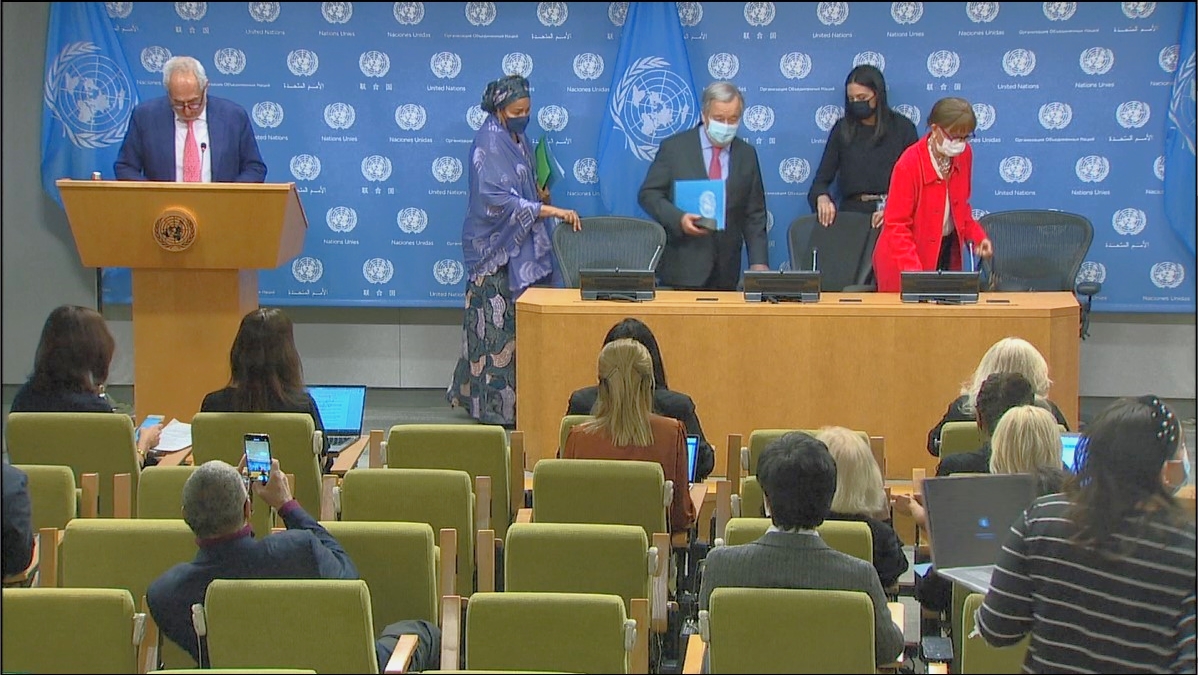
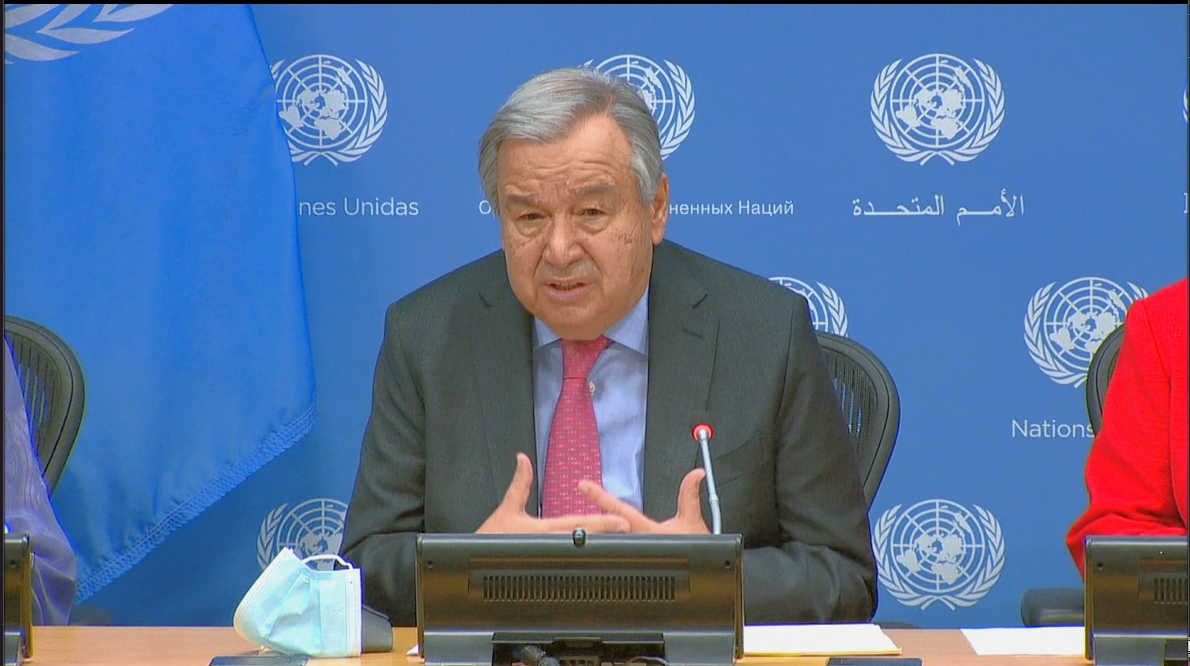
“And all this comes at a time when developing countries are already struggling with a slate of challenges not of their making — the COVID-19 pandemic, climate change and a lack of access to adequate resources to finance the recovery in the context of persistent and growing inequalities,” Guterres said.
As many as 1.7 billion people — one-third of whom are already living in poverty — are now highly exposed to disruptions in food, energy and finance systems that are triggering increases in poverty and hunger.
Thirty-six countries count on Russia and Ukraine for more than half of their wheat imports, including some of the poorest and most vulnerable countries of the world.
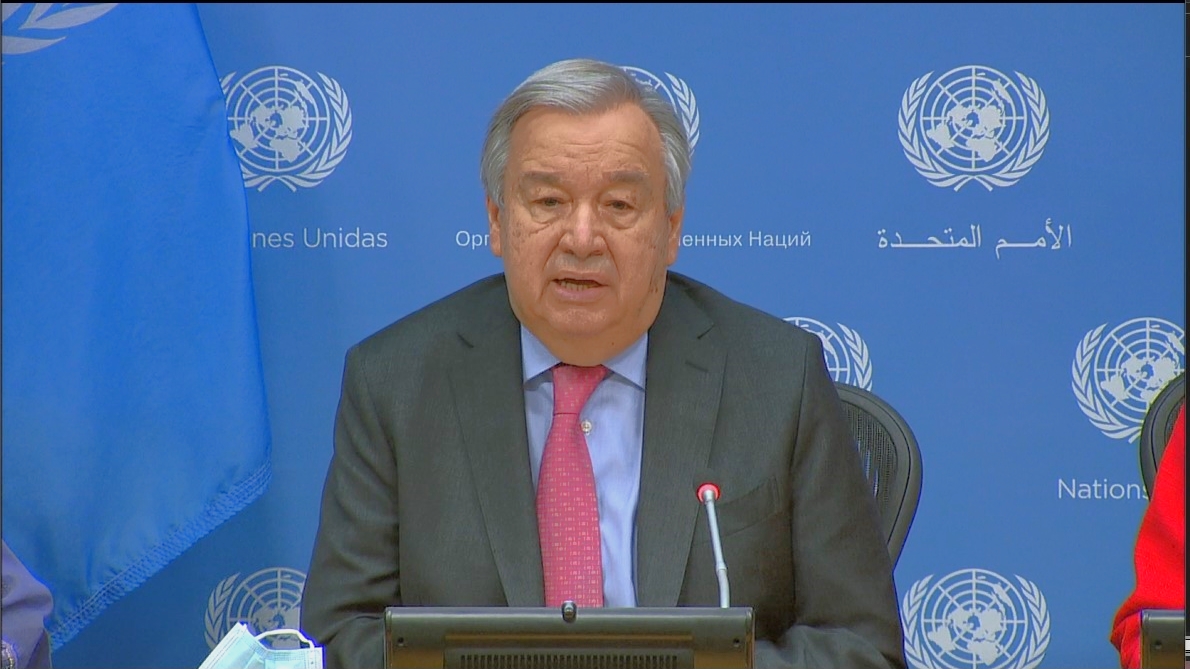
Guterres noted that “prices were already on the rise” but explained that “the war has made a bad situation far worse.”
“Inflation is rising, purchasing power is eroding, growth prospects are shrinking, and development is being stalled and in some cases, gains are receding,” Guterres said.
According to him, “many developing economies are drowning in debt, with bond yields already on the rise since last September, leading now to increased risk premiums and exchange rate pressures.”
The Secretary-General believes the situation “is setting in motion a potential vicious circle of inflation and stagnation – the so-called stagflation.”
Appealing once again to the end of the war in Ukraine, Guterres said that the “most vulnerable people around the globe cannot become collateral damage in yet another disaster for which they bear no responsibility.”
“We need to silence the guns and accelerate negotiations towards peace, now. For the people of Ukraine. For the people of the region. And for the people of the world,” he concluded.
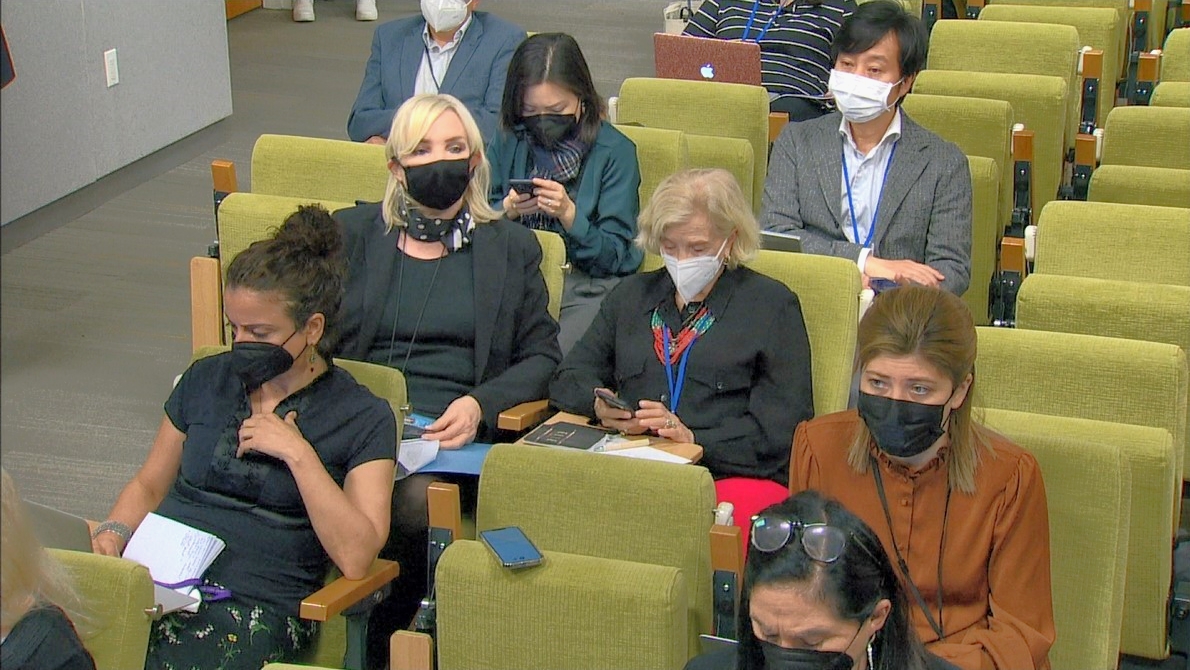
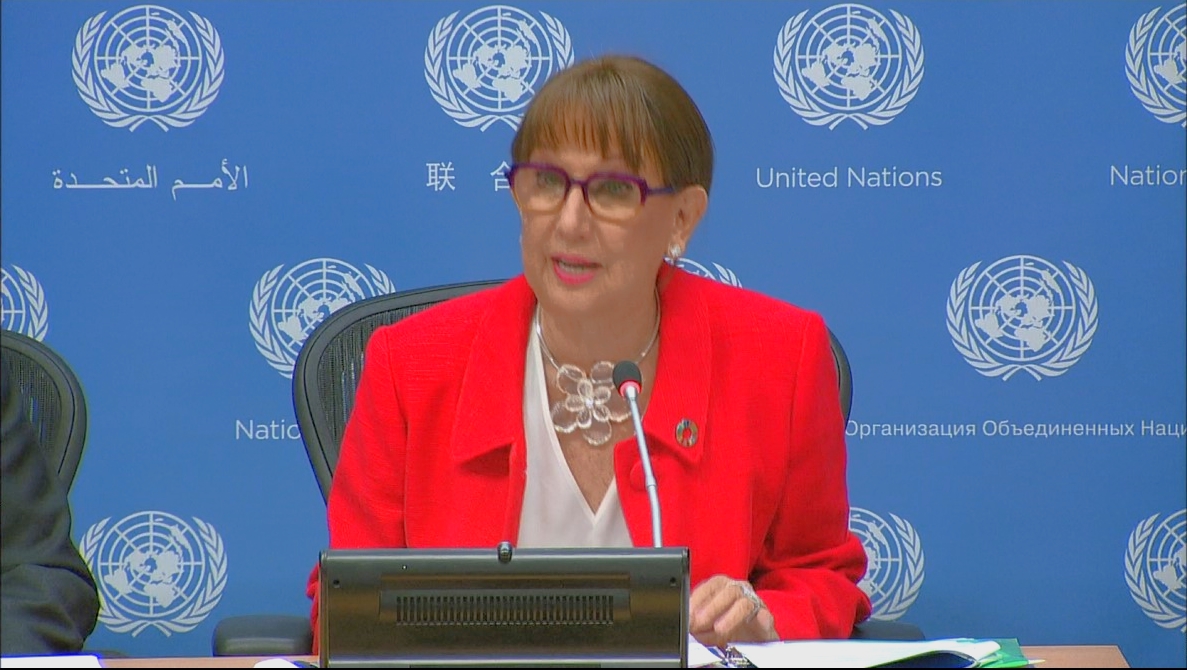
The Secretary-General of the United Nations Conference on Trade and Development (UNCTAD), Rebeca Grynspan, also spoke to the journalists, urging all countries to keep their food markets open and to cease any restrictions that will maintain the international trade on food and fertilizers not flowing to the countries that need them.
“Hoarding and speculative movements threaten food supplies and we need solidarity in these times of crisis,” said Grynspan.
The UNCTAD chief remembered that gas and fertilizers prices have more than doubled, asking Member States to “continue a coordinated approach to make strategic reserves available to the global market.”
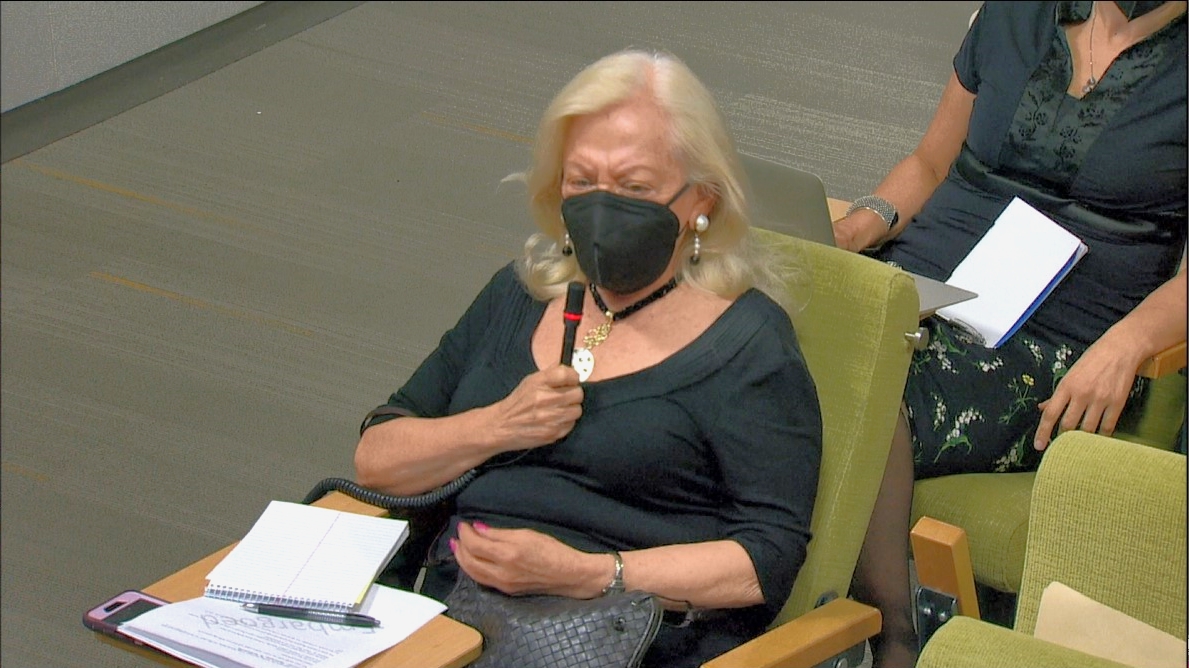
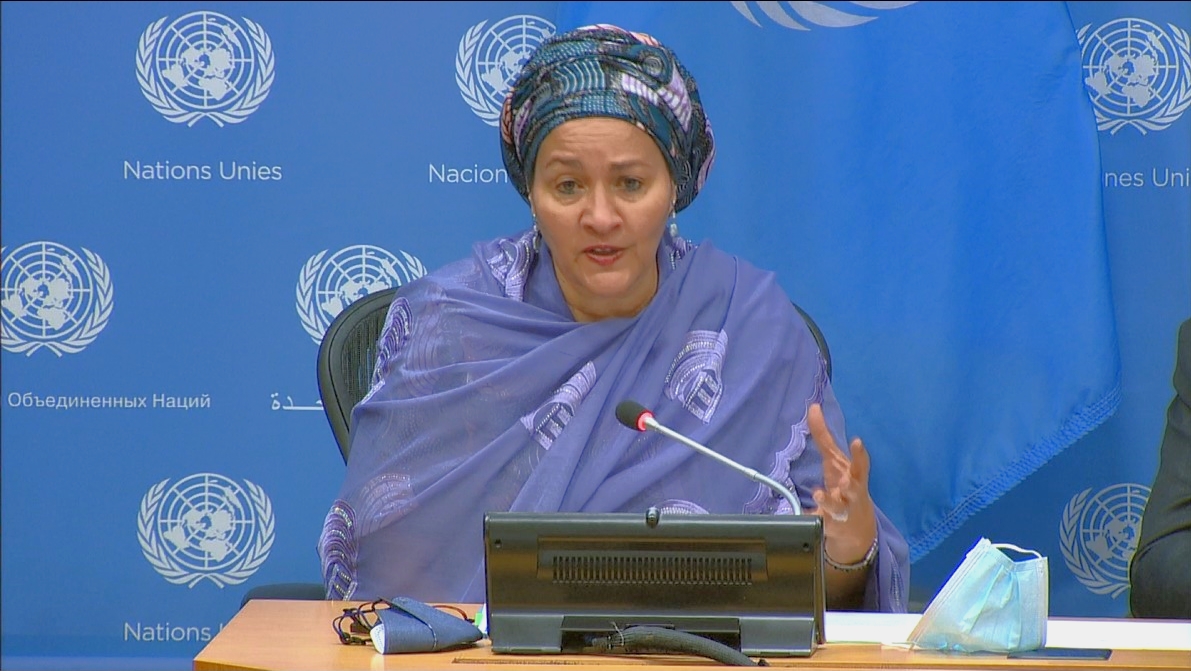
Amina Mohammed, the UN Deputy Secretary-General, highlighted the “very serious” consequences for Sub Saharan Africa, given the context of conflicts and climate crisis.
In terms of financing, Mohammed said that “the resources are not going towards stemming the tide of this crisis.”
“We don’t see ODA [official development assistance] going into military expenditure, but that we see if it’s additional, it is to protect lives. And we need to keep the ODA, to keep the foreign direct investment, to keep all the tools that we have existing, that Rebeca has talked about, in play,” the Deputy Secretary-General said.
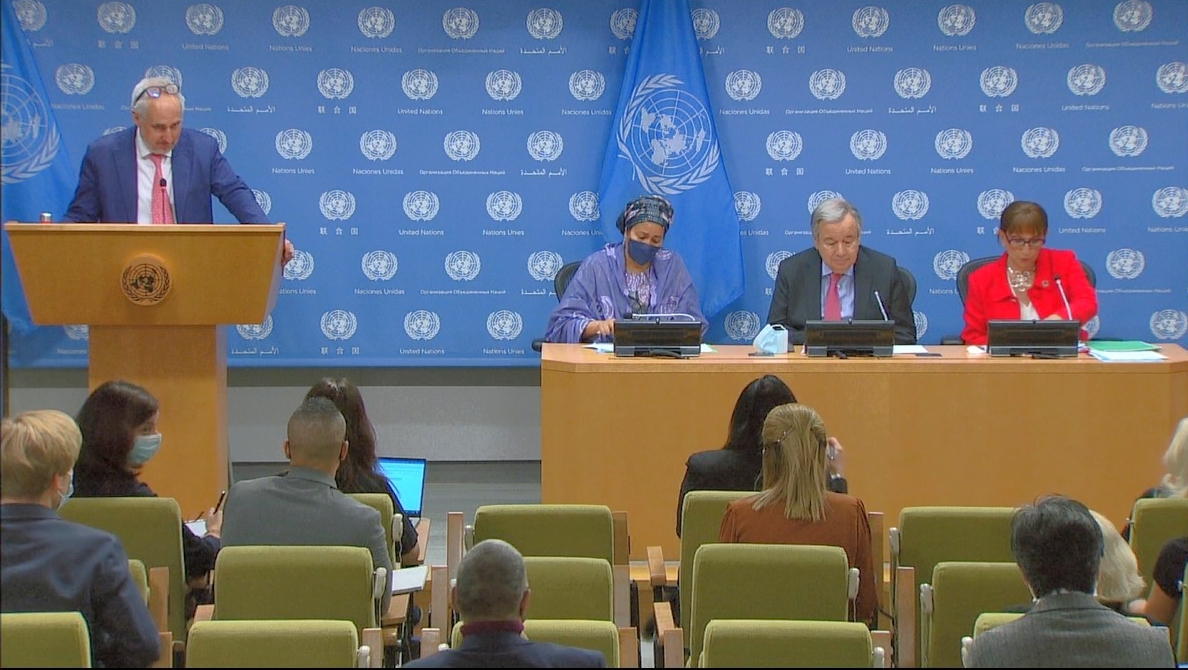
 Celebrity Media TV
Celebrity Media TV









